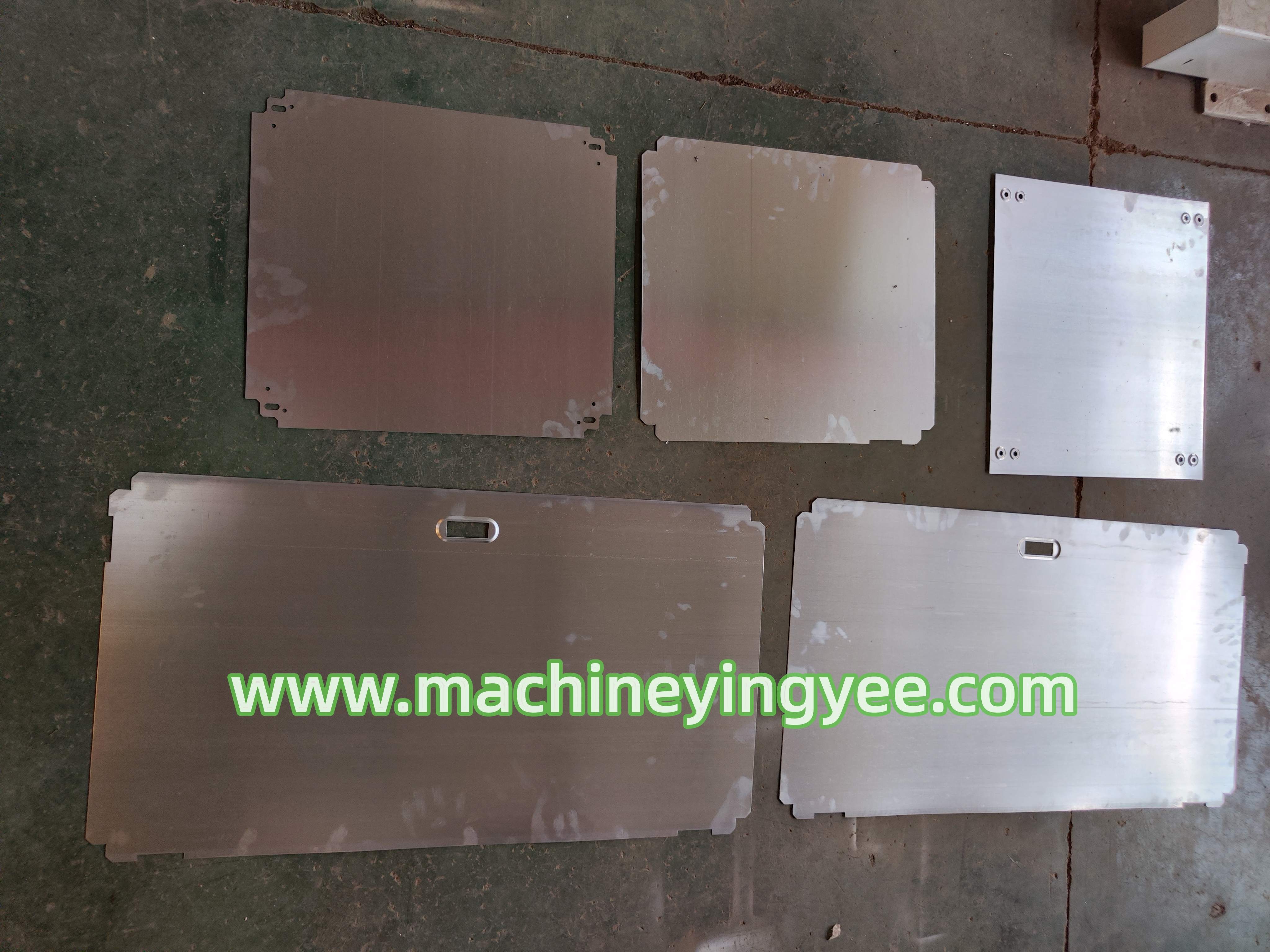
The Evolution and Benefits of Wall Angle Roll Forming Machines in Drywall Construction
In the world of construction, particularly in the drywall industry, efficiency and precision are paramount. This is where advanced technologies such as wall angle roll forming machines come into play. These machines are designed to streamline the production of wall angles, which play a critical role in framing and securing drywall in both residential and commercial projects.
Understanding the Basics of Wall Angle Roll Forming Machines
A wall angle roll forming machine is specifically engineered to create wall angles from flat steel or aluminum sheets. The process involves feeding the metal sheets through a series of rollers that shape them into the desired angle profiles. This method of manufacturing not only saves time but also ensures consistency in product quality—two factors that are essential in large-scale construction.
These machines can produce a wide variety of wall angles, including those used for corners, edges, and as brackets for mounting drywall
. The precision of roll forming allows for tighter tolerances, resulting in a better fit and finish once the drywall is installed.Advantages of Using Roll Forming for Wall Angles
1. Increased Production Speed Traditional methods of fabricating wall angles can be time-consuming, especially if they require cutting and welding. With roll forming, the process is continuous, allowing for the rapid production of components without the need for extensive manual labor.

2. Material Efficiency Roll forming minimizes waste because it uses the material efficiently. Since it involves shaping flat sheets into angles without cutting away significant portions of metal, the overall material utilization is maximized, making it a cost-effective solution.
3. Customization and Versatility One of the standout features of wall angle roll forming machines is their ability to adapt to various designs and specifications. Manufacturers can easily customize angles to meet specific project requirements, ensuring that builders have exactly what they need for their drywall applications.
4. Durability and Strength The wall angles produced by roll forming are robust and durable. This quality is crucial in construction, where structural integrity is vital. Roll-formed angles provide enhanced strength, making them ideal for supporting drywall in a range of environments.
5. Reduced Labor Costs Because roll forming machines automate much of the production process, they significantly reduce the amount of manual labor required. This not only cuts costs but also helps in alleviating workforce challenges that many construction companies face today.
Conclusion
As the construction industry continues to evolve, the role of wall angle roll forming machines remains crucial. Their ability to produce high-quality, precise, and customizable wall angles efficiently translates into improved project timelines and enhanced overall construction quality. For contractors looking to optimize their drywall framing processes, investing in a roll forming machine is a forward-thinking decision that can yield significant benefits in the long run. In a market where efficiency and quality are key differentiators, embracing such advanced technologies is essential for staying competitive.